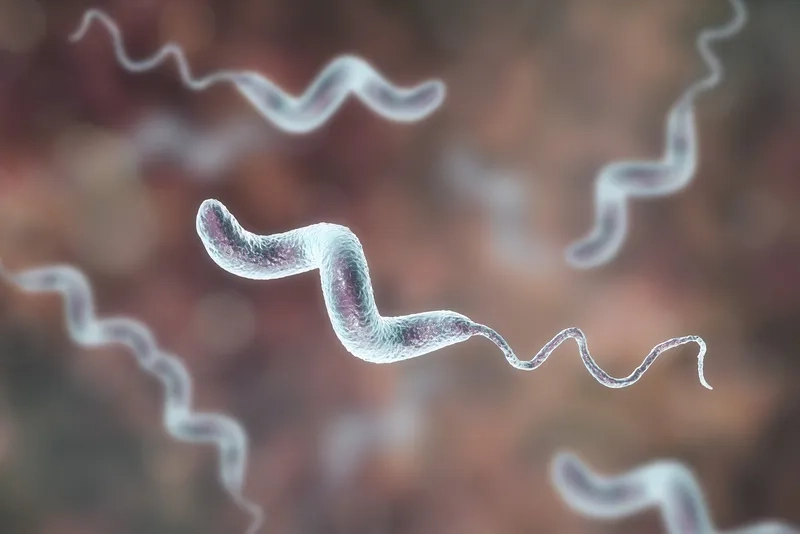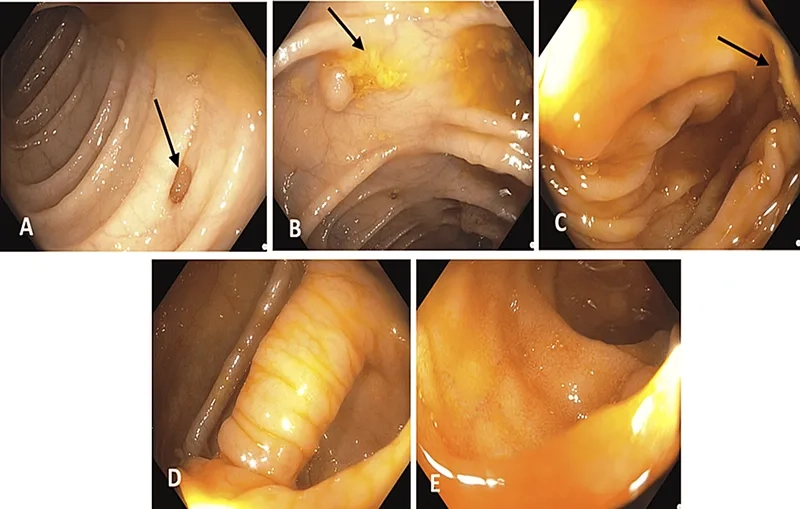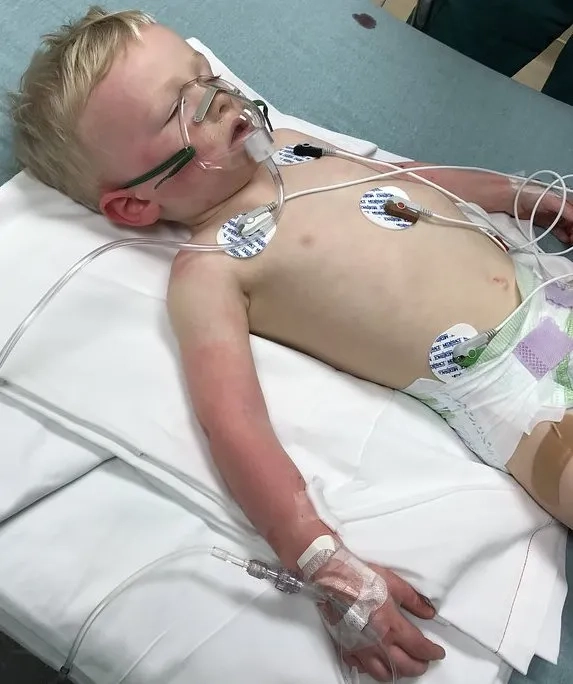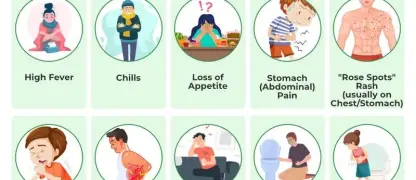Campylobacteriosis is a common but preventable cause of food poisoning. Don't let undercooked food ruin your week. Understanding the sources of this bacterial infection is the first step toward protecting your health and ensuring food safety for your family.
What are the main causes of Campylobacteriosis?
- The primary cause is ingesting Campylobacter bacteria, often through consuming raw or undercooked poultry, particularly chicken, a major source of infection.
- Contaminated water, unpasteurized milk, or contact with the stool of infected animals, including pets, can also lead to a campylobacter infection.
- Cross-contamination in the kitchen, where bacteria spread from raw meat to other foods, is another significant cause of food poisoning from chicken.

Key symptoms of Campylobacteriosis to watch for
- Common campylobacteriosis symptoms include severe diarrhoea, which is often bloody diarrhea, appearing two to five days after exposure to the bacteria.
- Sufferers frequently experience abdominal pain, cramping, fever, nausea, and vomiting, with the illness typically lasting about one week.
- In rare cases, the infection can lead to serious complications like Guillain-Barré syndrome, a severe neurological disorder requiring urgent medical attention.
How can you prevent Campylobacteriosis effectively?
- Practice safe food handling by thoroughly cooking all poultry to the proper internal temperature and avoiding cross-contamination between raw and cooked foods.
- Always wash your hands with soap and water after handling raw meat, using the bathroom, or coming into contact with animals.
- Drink only pasteurized milk and chlorinated or boiled water to avoid ingesting the bacteria from contaminated sources of campylobacter.
>>> See this article: Zika Virus Disease, Pregnancy, and Microcephaly
Illustrated illustrations Campylobacteriosis




>>> See more: Botulism: A Guide to Symptoms and Food Safety
While most people recover from campylobacteriosis without specific treatment, staying hydrated is crucial. If symptoms are severe or persist, seek a medical diagnosis. Proper hygiene and food safety are your best defense against this common infection.
.>>> See details: Brucellosis: Transmission from Animals and Treatment






